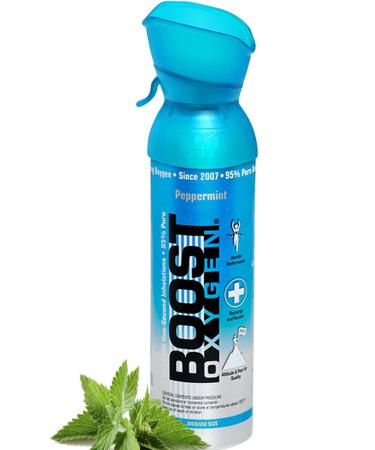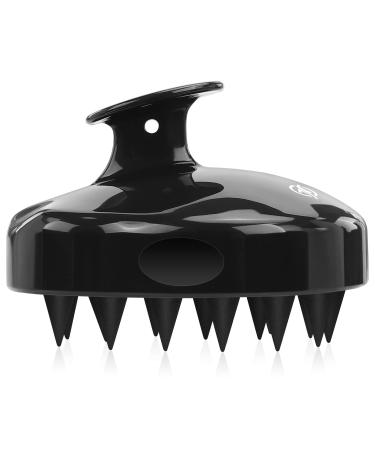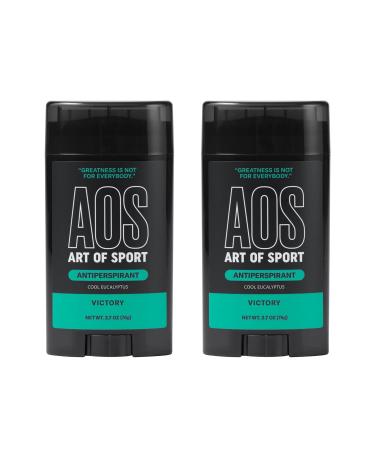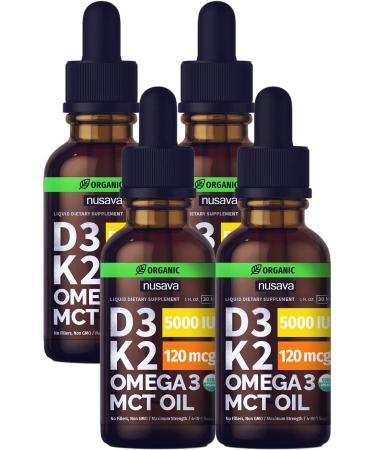Silicone sensory chew toys are a helpful tool for individuals with autism who have sensory and oral motor problems. When used properly and with care, they can improve the user's comfort, focus, and mood. Instructions: 1.Choose the right chew toy: Not all silicone chew toys are suitable for all users. Make sure you consider the size, shape, texture, and durability of the toy for the individual's needs and preferences. 2.Clean the toy regularly: Use warm water and mild soap or a dishwasher to clean the toy before and after each use. Avoid using abrasive or scented cleaners that can damage the toy. 3.Supervise the user: Always observe the user when they are using the chew toy, especially for younger and weaker individuals who may choke or swallow the toy accidentally. 4.Use as directed: Follow the manufacturer's instructions on how to use the toy, including the recommended age range, frequency, and duration of the use. Do not use the toy for other purposes than oral stimulation. 5.Replace the toy when it shows wear and tear: As the toy is being chewed, it may show signs of damage, such as cracks, holes, or missing parts. Replace the toy immediately to prevent the user from choking or ingesting the torn pieces. Precautions: 1.The chew toy is not a substitute for proper nutrition or medical treatment. Consult your doctor or therapist for advice on how to manage the user's oral and sensory issues. 2.The chew toy is not recommended for children under 3 years old, as they may not have developed the necessary chewing skills or may choke on the toy. 3.The chew toy should not be used as a pacifier or teething aid. It should be used only for sensory stimulation and oral motor development. 4.The chew toy is not indestructible. Do not chew excessively it, as it may break and endanger the user.Varied Sensory Experiences: Chew toys come in different shapes, colors, providing a range of sensory experiences for users with various needs and preferences. This variety allows individuals to explore their senses with comfort and confidence, leading to better sensory awareness and social interaction skills. Safe and Non-Toxic: Most silicone chew toys are made from medical-grade and BPA-free materials that are safe and non-toxic. These toys are designed to withstand heavy chewing, ensuring that they last long and are easy to clean with little risk of allergens. Self-Regulation: Chew toys help individuals with autism to self-regulate and maintain focus during daily activities, such as attending classes or socializing with others. Chew toys can help to redirect their impulses, prevent self-injurious behavior, and improve attention span. Anxiety Relief: Many individuals with autism may experience anxiety, stress or discomfort due to hyperactivity or sensory overload. Chew toys can provide a calming and soothing outlet for them to relieve tension and reduce stress. Oral Sensory Stimulation: Individuals with autism often have sensory processing difficulties that affect their ability to regulate their oral movements and sensations. Silicone sensory chew toys can provide a safe and effective way for them to engage in sensory exploration and improve their oral motor skills.



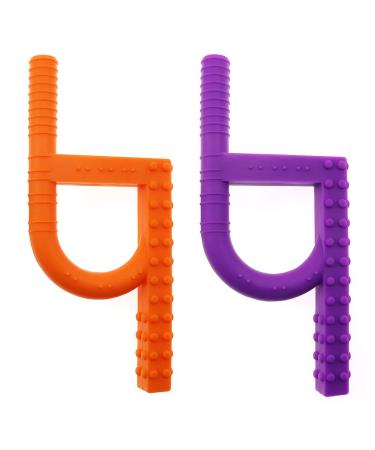


![Stewart Freeze Dried Dog Treats Made in USA [Single Ingredient Puppy and Dog Training Treats - Grain Free Natural Dog Treats] Resealable Tub to Preserve Freshness - Buy Online on GoSupps.com](https://www.gosupps.com/media/catalog/product/cache/25/small_image/375x450/9df78eab33525d08d6e5fb8d27136e95/6/1/61gwbbixarl._ac_sl1500_.jpg)

